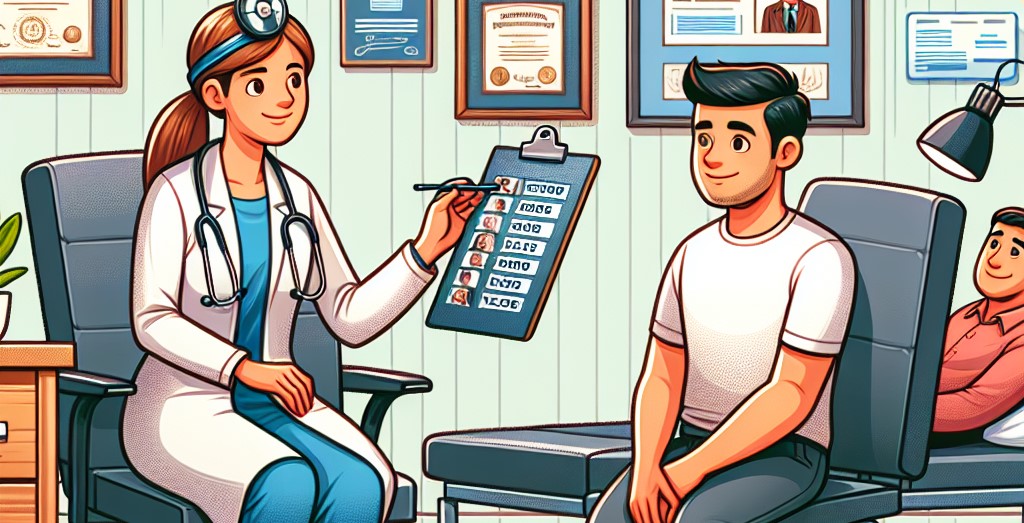
Do you ever find yourself struggling with your memory or feeling like your thinking just isn’t as sharp as it used to be? Or perhaps you’re dealing with symptoms of anxiety or depression that you can’t seem to shake. Or maybe you’re dealing with a known condition, like a traumatic brain injury or dementia, and you’re not sure what steps to take next. These challenges can be frustrating and overwhelming, but a neuropsychological evaluation may be able to provide you with some answers and guidance on how to move forward.
What makes neuropsychological evaluation particularly fascinating is the level of precision and detail that it can provide. By assessing an individual’s memory, attention, language, and executive functioning, neuropsychologists can pinpoint specific areas of cognitive weakness and develop targeted treatment plans to address these deficits. This level of specificity can make a big difference in helping individuals to achieve their goals, whether it’s returning to work after a brain injury or managing symptoms of a neurodegenerative disorder.
So how exactly can a neuropsychological evaluation help you? Here are a few key ways:
- Pinpointing the source of your symptoms: Do you know why you’re having trouble with memory, attention, or other cognitive skills? A neuropsychological evaluation can help identify the underlying cause of your symptoms, whether it’s due to a medical condition, a brain injury, or a psychiatric disorder. With a better understanding of what’s really going on, you can start to tackle the issue head-on.
- Personalized treatment: Once you know what’s causing your symptoms, a neuropsychological evaluation can help identify your strengths and weaknesses, so that you can target specific areas for improvement. By pinpointing these strengths and weaknesses, the evaluation helps inform a treatment plan to focus on improving the areas that need attention, maximizing your chances of making significant progress in addressing your symptoms.
- Prognostic information: Living with a brain-based condition can be scary and uncertain, but a neuropsychological evaluation can provide important prognostic information about what to expect in the future. Knowing what lies ahead can help you plan for your future, both in terms of your health and your life goals.
- Objectively measuring your progress: If you’re undergoing treatment for a brain-based condition, it can be difficult to know if you’re making progress. Neuropsychological evaluation can provide objective measurements of your cognitive and behavioral functioning, so you can see how you’re improving over time.
A neuropsychological evaluation can help provide answers, guidance, and a path forward for those dealing with cognitive and behavioral challenges. With its precision and attention to detail, it can help you understand your symptoms, develop a personalized treatment plan, and achieve your goals.
Momentous Health, a neuropsychology clinic that provides comprehensive cognitive care, from assessment and diagnosis to cognitive rehabilitation and long-term follow-up, all in one place. We understand the impact that cognitive challenges can have on every aspect of life, from work and school to personal relationships and daily routines. Our team of highly trained neuropsychologists work collaboratively with each patient to develop individualized treatment plans that prioritize their specific needs and goals. Visit Momentous Health Website
Take care of your brain, your brain will take care of you.
